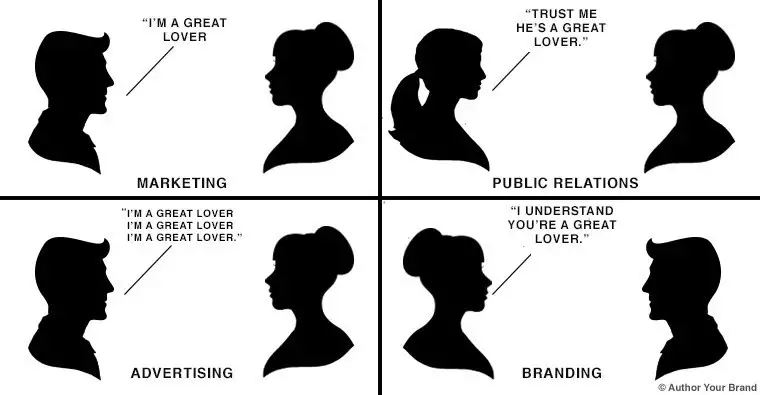Your company exists for a reason. You have invested in it – if not money, then your time. And your time is valuable. In the present day, every organization needs to constantly prove its reason for being – with the climate crisis, economic uncertainties, and a geopolitical storm slapping us from left and right. So, why should your company be the one staying in business, or even growing? And how can you, as a company, affect the future? Furthermore, why should anyone even care?
Why – why should anyone care about your company?
Companies matter! Companies are powerful groups of people who can affect the everyday lives of many. Like people, companies make decisions that can do good, bad, or anything in between for the society we live in.
Future-proof companies have a strategy that aligns with their purpose and vision, along with a roadmap for how to get there. Their purpose is connected to making the world a better place for future generations. And that purpose is why people should care about your company because you are part of a positive change.
Purpose, great. But do you have your company’s purpose and vision statements ready? Do your customers know them? Your team members? If the answer is no, then they literally do not exist for these important people. How do you fix this? If the thinking is right, but your message does not get through to people, it is time for a rewrite. If the overall business strategy does not have its purpose and vision aligned, it may be worth booking that meeting room for some co-creating sessions.
How – how can you create impact and get your message across?
To be part of the change, you must paint a picture of a world where your positive impact shows. This may sound a little vague, but the story itself can be very concrete. The point is that if you don’t craft and share that story yourself, no one else will do it for you. And as a result, your crucial stakeholders will never get to learn about your amazing solutions. This rule applies whether you need to affect EU policies, hire more developers, or sell more toilet paper. You need to get the right people’s attention and open their eyes to your messages.
The rule of thumb is: no matter what their position, all stakeholders, target groups, or prospects are human beings. Therefore, your story needs to be relevant to them as people.
What – what to do to stand out – or not stand out?
Quite often, the best way of getting a specific person interested in you is to have someone they trust acting as your messenger. That is why media coverage is such a powerful way of getting your vision out to people. Getting your story published in media outlets your stakeholders follow, whether it’s The New York Times or a niche trade newsletter, elevates your credibility and trustworthiness, making your company feel real and important in the eyes of the audience.

If you think pushing your stories out there by doing proactive PR feels too daring, and your tactic has been to try and avoid any publicity, I recommend stepping out of that comfort zone. In today’s volatile environment, any company can suddenly face an unpredictable crisis, and that will become news. If the story of your impending doom is the only news that can be found about your company, it paints a negative picture.
Collecting, crafting and sharing meaningful stories through consistent PR makes your company known by outsiders that are important to your success and empowers your team. Highlighting their work is a clear signal of appreciation and pride in your company and its people.
So there you have it – if you’re looking at red numbers and diagrams of declining slopes, and thinking now’s the time to sit quietly, think again! This is the perfect time to show the world your impact, spread the word about why you exist, and how your company will be a valuable part of the post-apocalyptic world.
PS. Be honest
In comms & PR, honesty works wonders. Imperfection and willingness to improve make an interesting story – sugarcoating facts is often the beginning of a crisis case. You can, and should dream big and give hope, but share the facts as they are.
Struggling to tell your story? Get in touch, and we’ll figure out how to reach your global audience!





